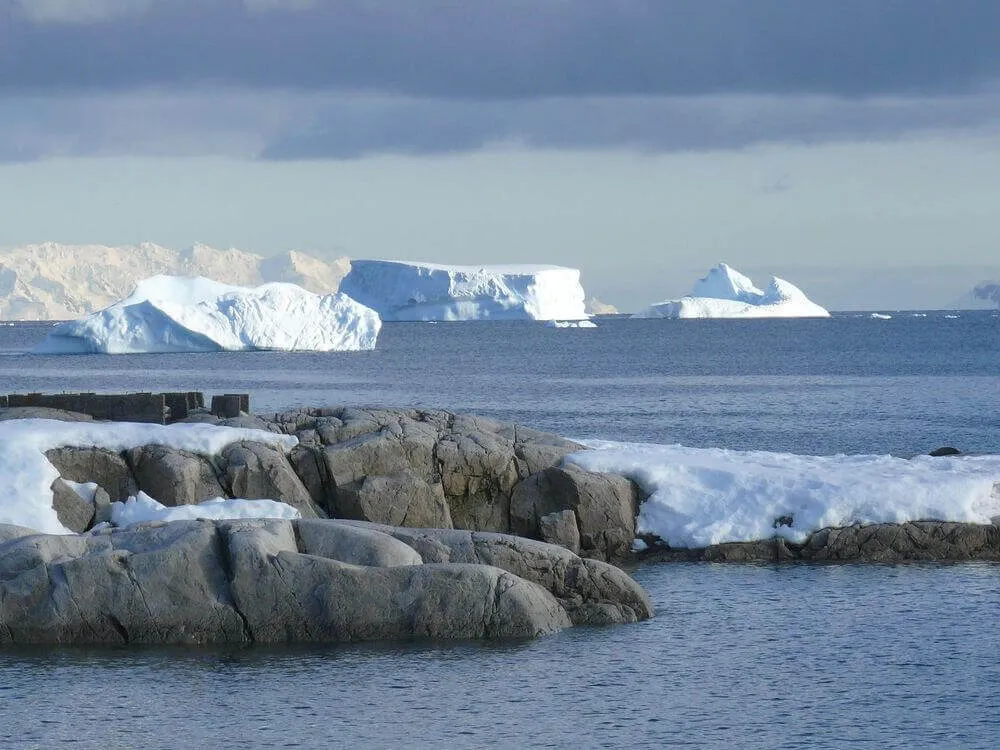

The Antarctic region, often referred to as the last great wilderness, has long been shrouded in mystery. With its vast ice sheets and extreme conditions, this remote continent holds secrets that could reshape our understanding of Earth's history, climate, and even the potential for extraterrestrial life. Recent scientific expeditions and technological advancements are beginning to unveil some of these mysteries, drawing attention to the significance of Antarctica in global research.
Antarctica, covering an area of over 14 million square kilometers, is the coldest, driest, and windiest continent on Earth. Beneath its thick ice sheets, scientists believe lies a treasure trove of information about our planet's past. The continent's unique environment has preserved records of climate changes over millions of years, making it a crucial area for climate research.
Ancient Climate Records:
Subglacial Lakes:
The Search for Ancient Ecosystems:
Melting Ice and Sea-Level Rise:
One of the most significant research initiatives is the International Thwaites Glacier Collaboration, which involves scientists from multiple countries studying the Thwaites Glacier, often referred to as the "doomsday glacier." This glacier is particularly vulnerable to melting, and its collapse could lead to a rise in global sea levels by 3 to 10 feet or more.
Advancements in drone technology have revolutionized data collection in Antarctica. Drones equipped with high-resolution cameras and sensors are being used to survey ice formations, monitor wildlife, and assess environmental changes without disturbing the fragile ecosystem.
Submersible vehicles are being deployed to explore subglacial lakes and the underwater environment, allowing scientists to gather data on microbial life and sediment samples that have remained untouched for millennia.
The mysteries of Antarctica continue to captivate scientists and explorers alike. As research efforts expand and technology advances, the secrets hidden beneath the ice are gradually being revealed. Understanding these mysteries is crucial not only for comprehending Earth's climate history but also for informing future strategies to combat climate change and protect our planet.
As we delve deeper into the Antarctic enigma, we are reminded of the fragility of this pristine environment and the importance of preserving its unique ecosystems. The continent remains a frontier of scientific discovery, inviting us to explore the unknown and reflect on our planet's past, present, and future.